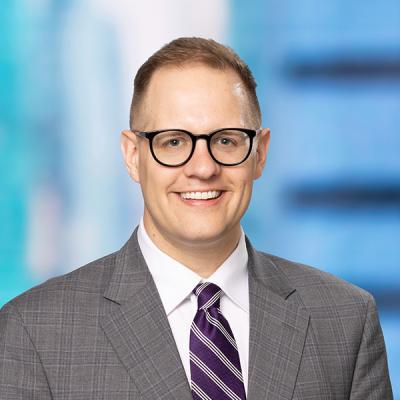CDC Vaccination Guidance Does Not Supersede State and Local Workplace Regulations
On May 13, 2021, the Centers for Disease Control and Prevention (the “CDC”) published guidance indicating that fully vaccinated individuals do not need to wear a mask or physically distance in certain indoor and outdoor environments, except where otherwise required by federal, state, local, tribal, or territorial laws, rules, and regulations, including local business and workplace guidance. The guidance does not apply to healthcare settings and certain other environments.
The CDC guidance applies to “fully vaccinated” individuals, which means that two weeks have passed since the person has received either: (1) a second dose of a two-dose series, or (2) one dose of a single dose series, and in both cases for any of the current FDA-approved EUA vaccines.
The CDC guidance does not impact the current EEOC guidance regarding COVID-19 vaccinations. That guidance, which was updated in December, permits employers to ask employees whether they are vaccinated. Employers, however, should be cautious when making this inquiry. While asking whether an employee has been vaccinated is not a medical inquiry, asking in a manner that would solicit medical information (e.g. asking for the reason why one is not vaccinated) could be construed as an impermissible medical inquiry under the ADA.
Critically, the CDC’s guidance also does not impact state and local regulations applicable to the COVID-19 pandemic in the workplace. Many states, such as New York and California, as of today, continue to require fully vaccinated individuals to wear masks in certain environments although they are studying the CDC’s guidance closely before making any further changes to mask mandates. Other states have already followed the CDC’s lead and loosened restrictions or have announced that such changes are imminent. Further, the Occupational Safety and Health Administration (“OSHA”) has not yet weighed in on workplace safety standards regarding masks, which may further impact an employer’s ability to loosen restrictions at the workplace.
Given the continuing effect of state and local restrictions and lack of OSHA guidance, employers should carefully review applicable guidelines and remain cautious before making any changes to existing workplace policies. As part of this process, businesses should consider how to develop compliant inquiries about individuals’ vaccination status – for employees, clients, customers, vendors, visitors, and other on-site populations – and how to request verification of vaccination status where necessary. Employers must also consider whether and to what extent they might differentiate between unvaccinated and vaccinated workers going forward from a policy perspective and in a compliant manner. We will continue to track the CDC’s guidance, state and local restrictions, and guidance from OSHA to assess whether employers may allow fully vaccinated employees to go unmasked in the workplace or if other restrictions may similarly be relaxed.

It’s 2021—Do You Know Where Your Employees Are?
May 5, 2021| Blog

Navigating Voluntary COVID-19 Vaccination Programs & Incentives
February 19, 2021| Blog
Authors




